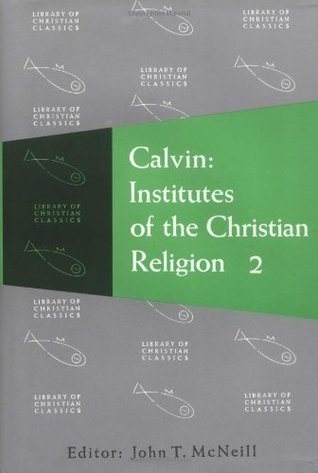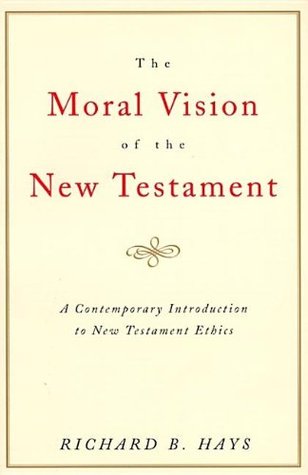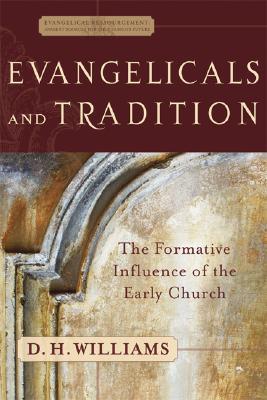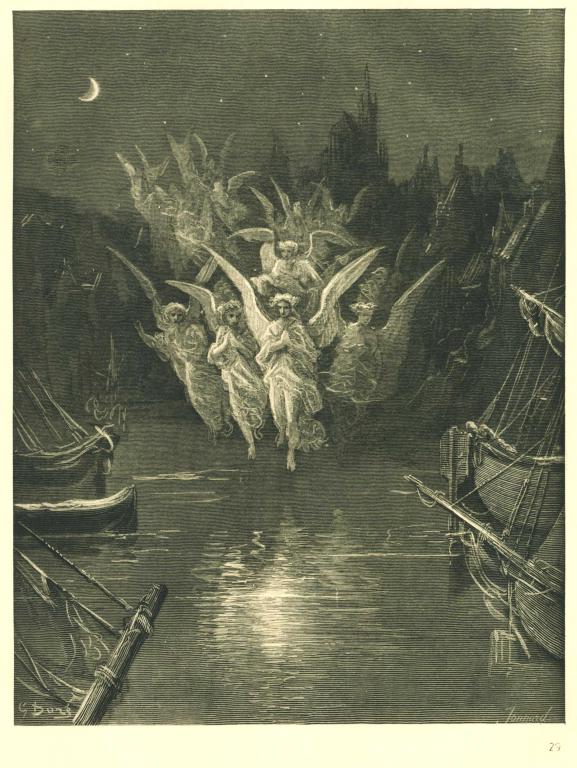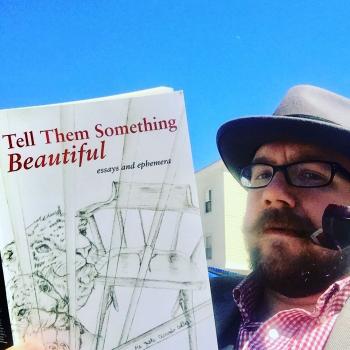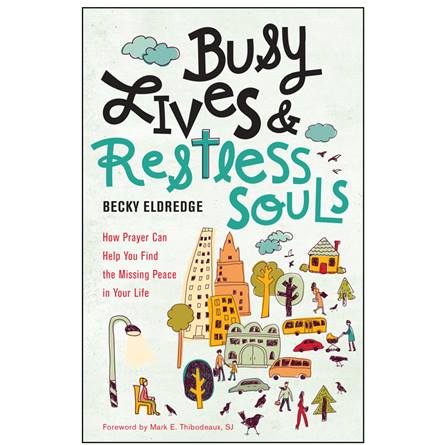Philip Whitehead
20 January 2014
On the Edge of Elfland
Beeston, Nottinghamshire
Dear Friends and Family,
*This is a guest post by Philip Whitehead on the three books that have influenced his theology.
1. John Calvin, Institutes of the Christian Religion
Growing up in a Reformed (Baptist) church, Calvin was often mentioned extremely positively but never someone I read. Coming to University as an undergraduate, Calvin was often mentioned extremely negatively, but again, never someone I read. During my MA I set aside some time to read the first two books of the Institutes and I got hooked. Calvin combines a true gift of exegesis with a fearless theological and logical boldness and expresses the insights of the Reformation as a rejuvenation of the Church’s ancient and biblical faith. Max Weber was almost completely wrong about Calvin and Calvinism, as is Lord Acton’s portrait of him as a grim dictator – what motivates Calvin is a conviction of the sovereignty of God and the finiteness and provisionality of human wisdom and capacity; leading to a theological method which is surprisingly (for many of us!) humble and reliant upon the revelation of God in Jesus Christ, and the Scriptures which testify of him.
2. Richard B. Hays, The Moral Vision of the New Testament
I think I found this book influential not only for its clear and wide-ranging presentation of the New Testament’s teaching on moral and ethical issues, but also as an excellent example of how to do New Testament Theology well. Hays approaches the New Testament informed by the best exegetical scholarship, but doesn’t fall into atomistic treatment of texts. Rather, he looks, author-by-author, at texts as part of an NT author’s bigger picture and message, before attempting a theological synthesis. The result is faithful to the texts and to the canon, and demonstrates the coherence and unity in the NT’s diversity. I find Hays’ specific conclusions on some of the more controversial “moral” issues prophetic in their challenge to some of our present cultural assumptions, and encounter both encouragement and rebuke in this book.
3. D. H. Williams, Evangelicals and Tradition
This is quite a slim volume, which I read in my third year as a theology undergraduate. Karen Kilby recommended it to her Protestant students on the reading list for the module on The Trinity. It really helped finish the process, which began in my Christmas holidays of first year with reading C.S. Lewis’ introduction to Athanasius’ “On the Incarnation”, of convincing me that Church history was my history as an evangelical, and that there was a great deal to learn from those who were in Christ before me. Karl Barth writes somewhere of his discovery that “Church history no longer begins for me in 1517” and reading Williams’ book helped cement that realisation for me. Williams clarifies (and I paraphrase) that ‘sola scriptura’ need not mean ‘nuda scriptura’; not should an enthusiastic and open retrieval of tradition be taken as endangering one’s commitment to evangelicalism. It also means, as Williams points out, that evangelicals can deepen their appreciation of their place in the story of the church and find that Athanasius, Augustine, Anselm, and yes, even Aquinas, are brothers in the faith.
Sincerely yours,
Philip
Philip is in his second year of full-time PhD study at the University of Nottingham. He was born in Manchester and grew up in Oxfordshire before moving to Nottingham. He studied BA German and History before switching courses to BA Theology at the University of Nottingham, followed by an MA in Biblical Interpretation and Theology, writing a thesis on the imagery used of Israel and the Church in the letter to the Ephesians. He then worked at CapitalOne before returning to full-time study, undertaking doctoral research on a Pauline approach to the Theology of Religions.

